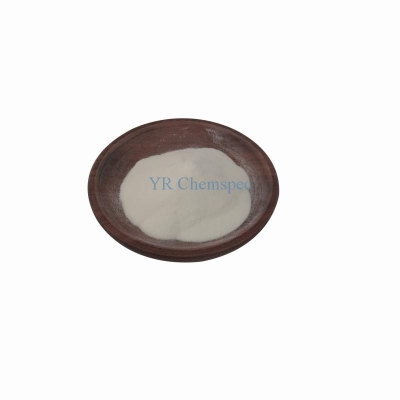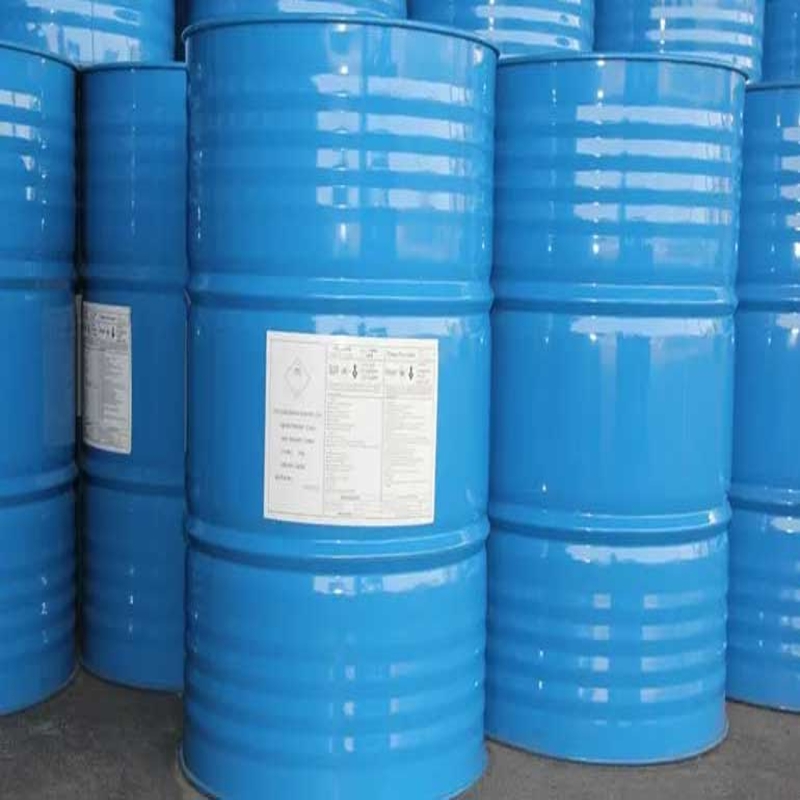-
Categories
-
Pharmaceutical Intermediates
-
Active Pharmaceutical Ingredients
-
Food Additives
- Industrial Coatings
- Agrochemicals
- Dyes and Pigments
- Surfactant
- Flavors and Fragrances
- Chemical Reagents
- Catalyst and Auxiliary
- Natural Products
- Inorganic Chemistry
-
Organic Chemistry
-
Biochemical Engineering
- Analytical Chemistry
-
Cosmetic Ingredient
- Water Treatment Chemical
-
Pharmaceutical Intermediates
Promotion
ECHEMI Mall
Wholesale
Weekly Price
Exhibition
News
-
Trade Service
The German Aerospace Institute plans to test fly a small 4-seater aircraft (codenamed HY-4)
powered by fuel cells and lithium batteries in the summer of 2016.
According to reports, HY-4 (pictured above) is a zero-emission aircraft that uses fuel cells for energy during the cruising phase and high-power lithium-ion battery packs
during takeoff and climb stages.
The aircraft adopts a two-fuselage layout, each side of the fuselage adopts parallel two-seater, a total weight of 1500 kg, using an 80 kW motor drive, the maximum speed can reach 200 km / h, the cruising speed is 145 km / h, and the range is more than 750 km
.
The project partners include the Slovenian bat aircraft manufacturing company, fuel cell supplier Hydrogenics, the University of Ulm in Germany, Stuttgart Airport, and the H2fly subsidiary
of the German Academy of Astronautics.
The German Aerospace Institute plans to test fly a small 4-seater aircraft (codenamed HY-4)
powered by fuel cells and lithium batteries in the summer of 2016.
According to reports, HY-4 (pictured above) is a zero-emission aircraft that uses fuel cells for energy during the cruising phase and high-power lithium-ion battery packs
during takeoff and climb stages.
The aircraft adopts a two-fuselage layout, each side of the fuselage adopts parallel two-seater, a total weight of 1500 kg, using an 80 kW motor drive, the maximum speed can reach 200 km / h, the cruising speed is 145 km / h, and the range is more than 750 km
.
The project partners include the Slovenian bat aircraft manufacturing company, fuel cell supplier Hydrogenics, the University of Ulm in Germany, Stuttgart Airport, and the H2fly subsidiary
of the German Academy of Astronautics.







